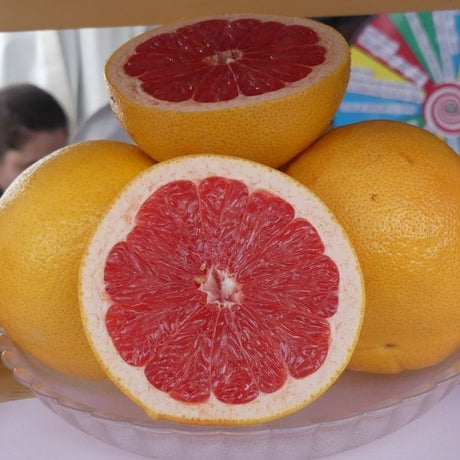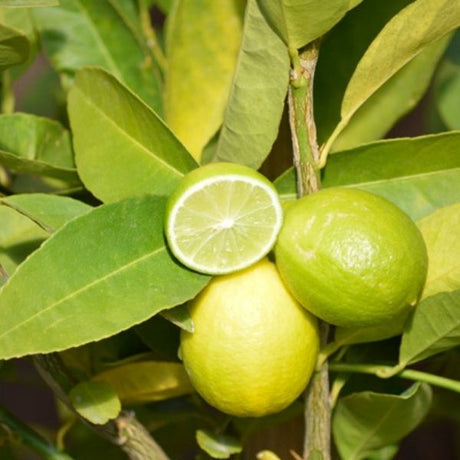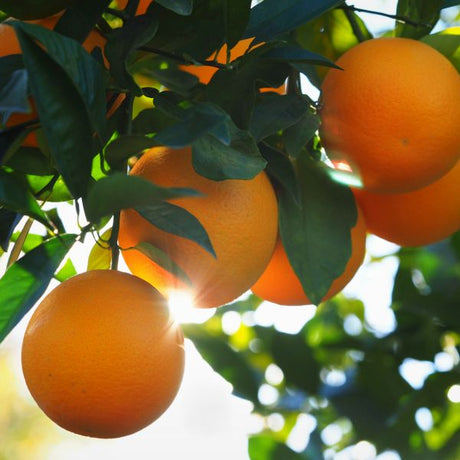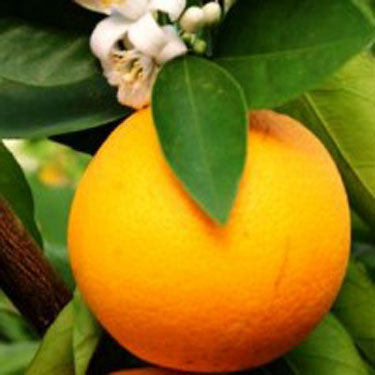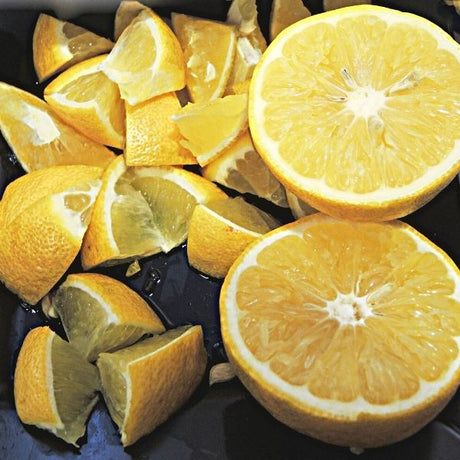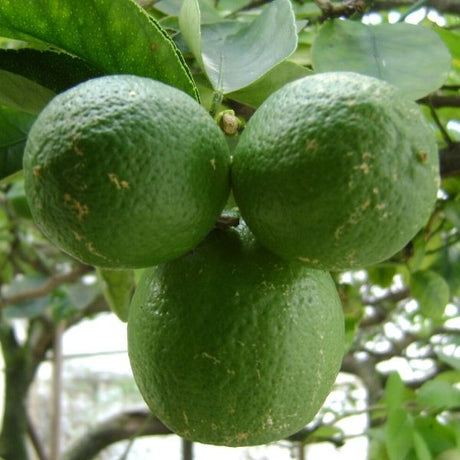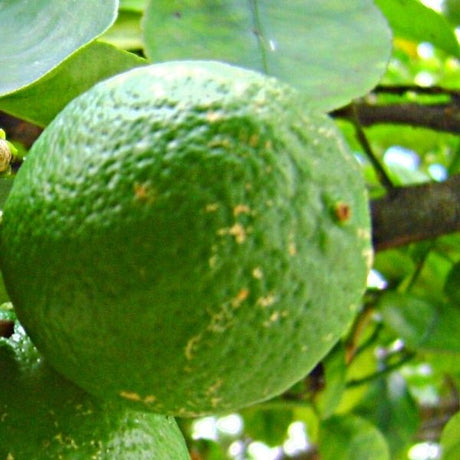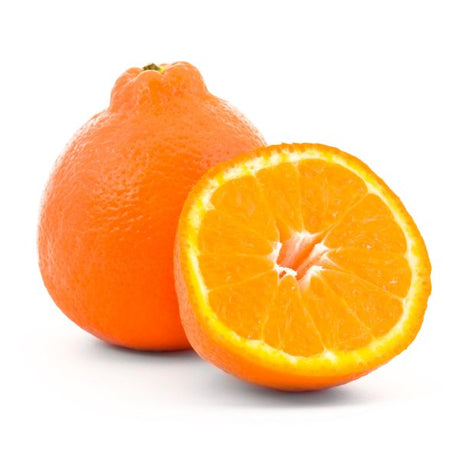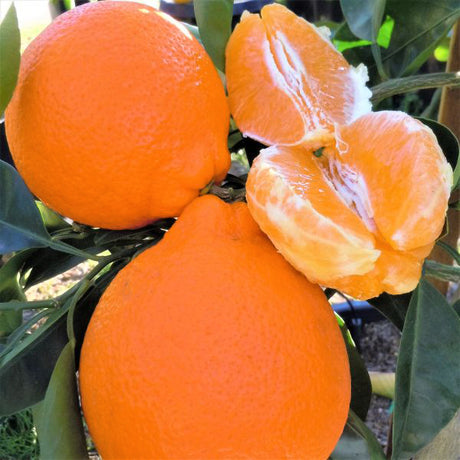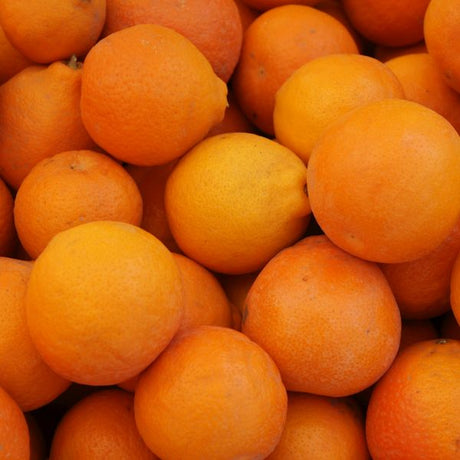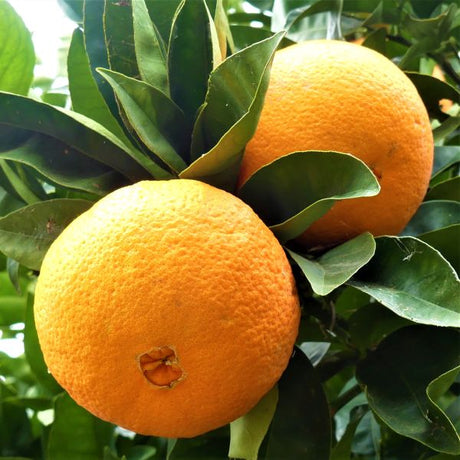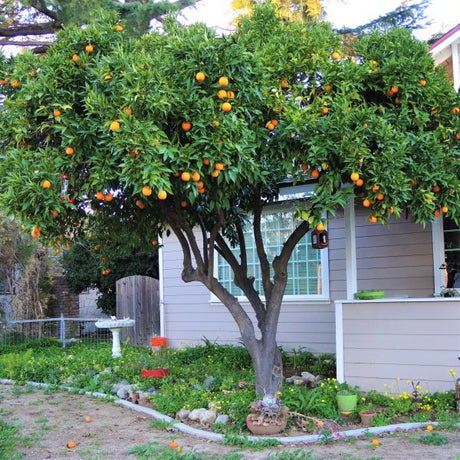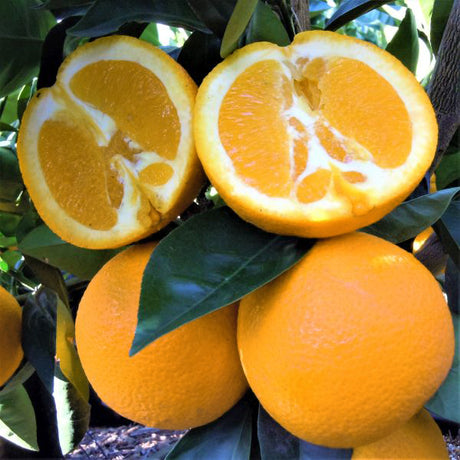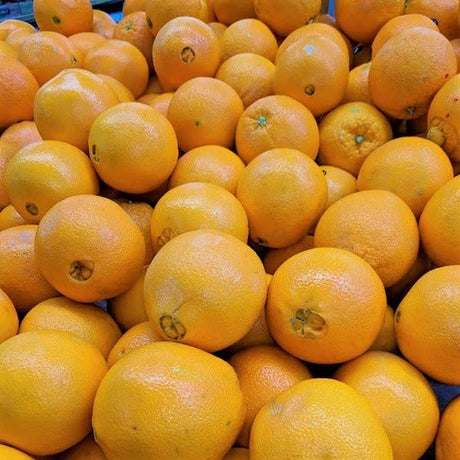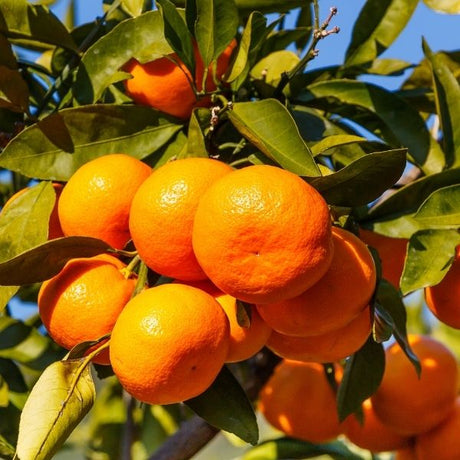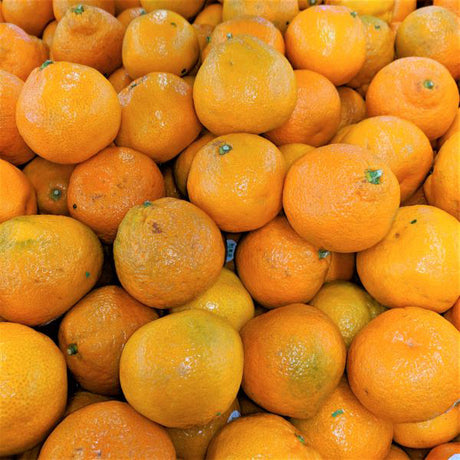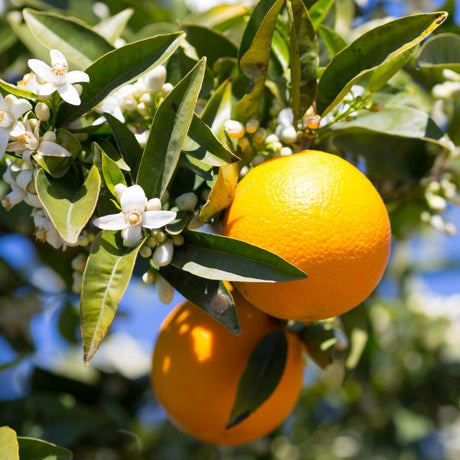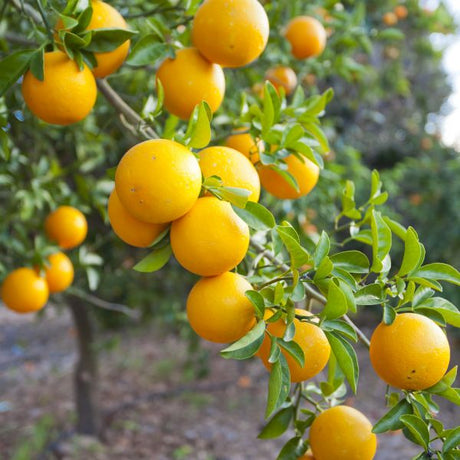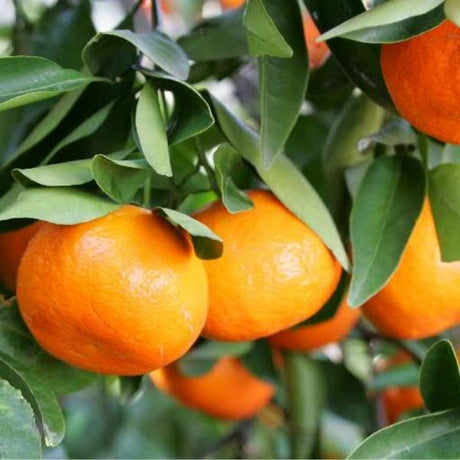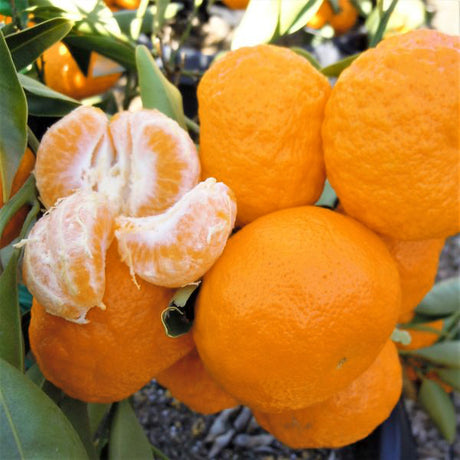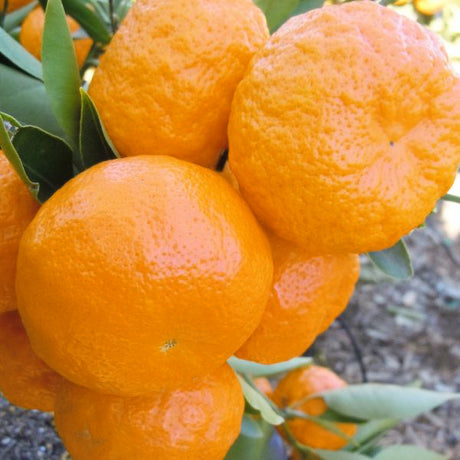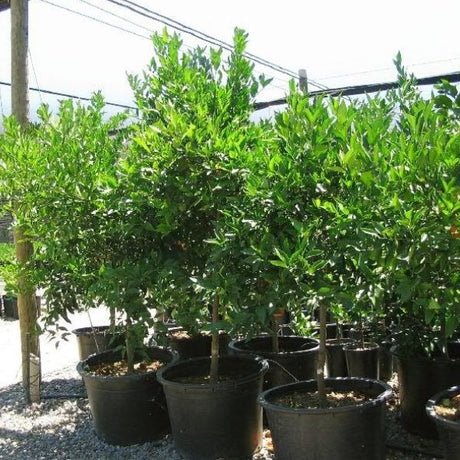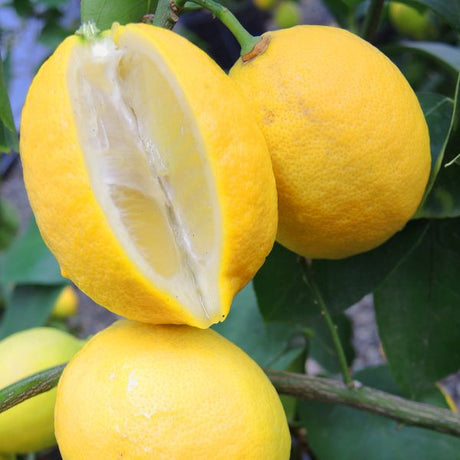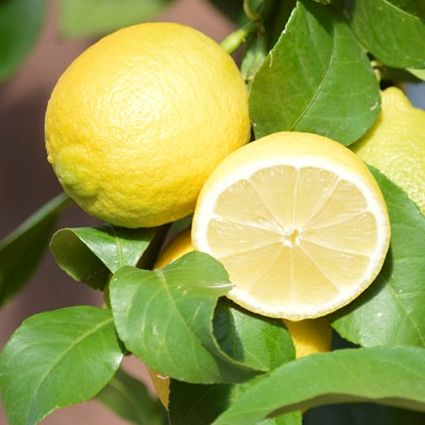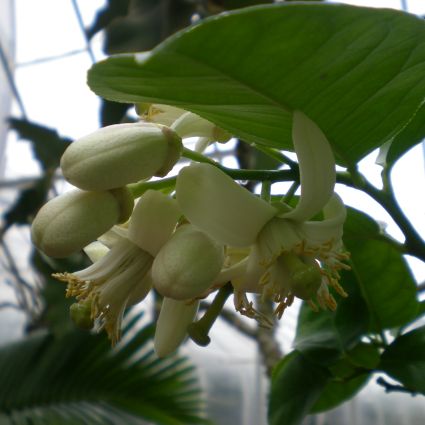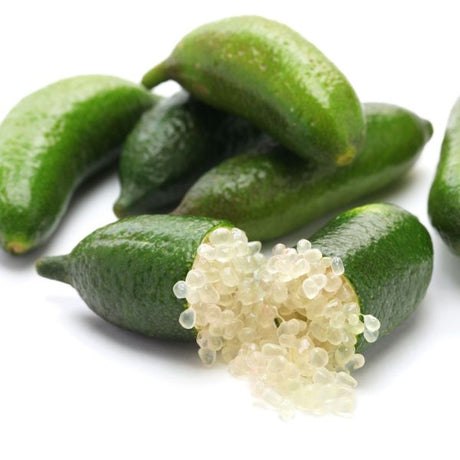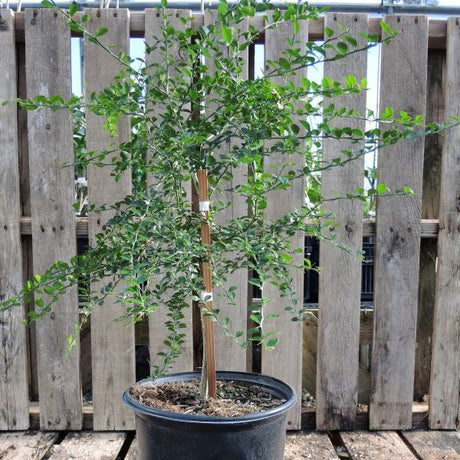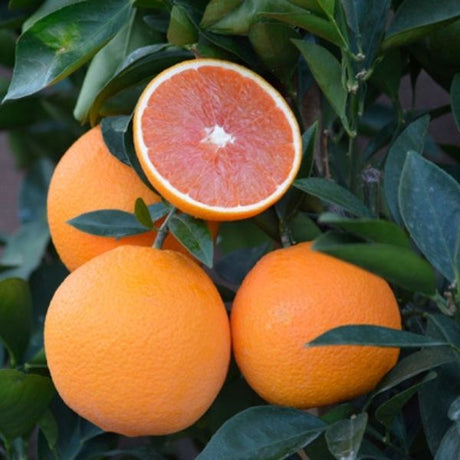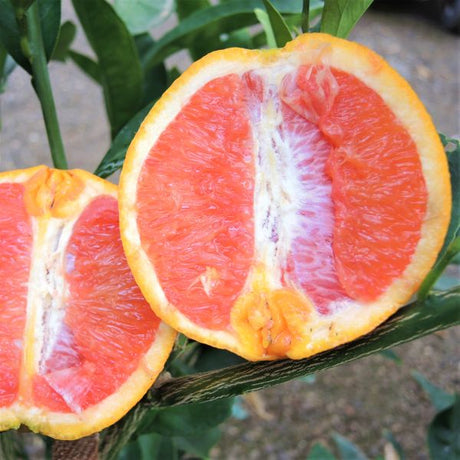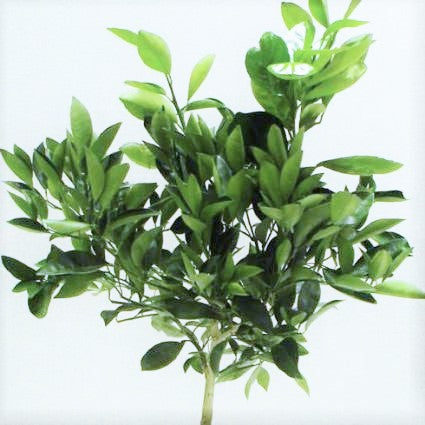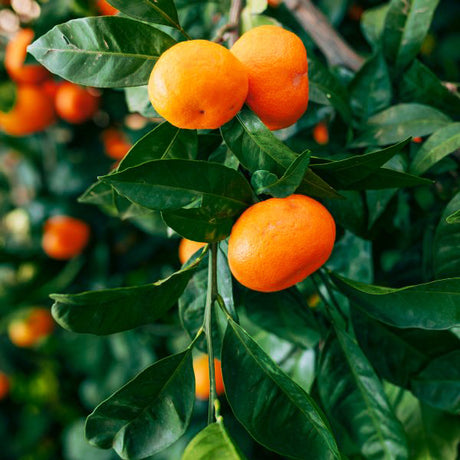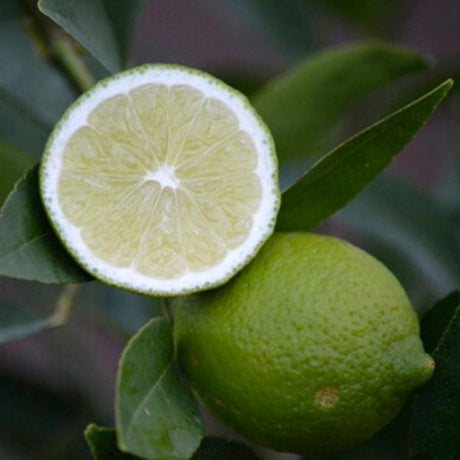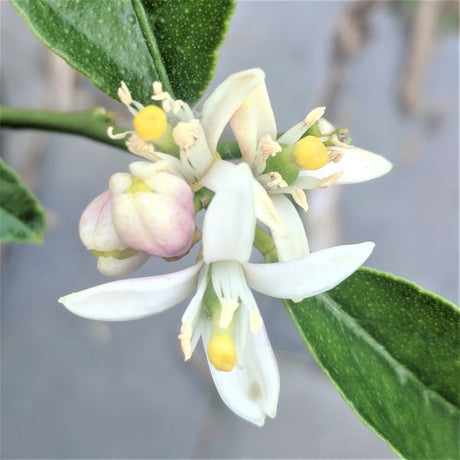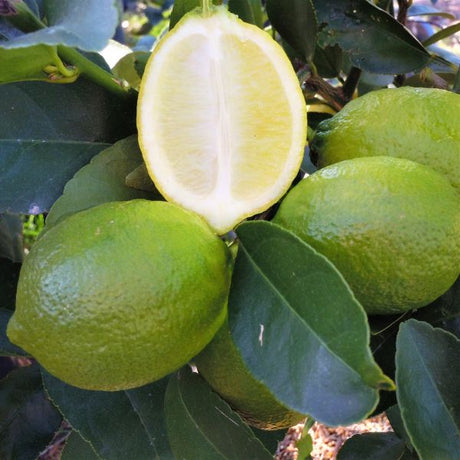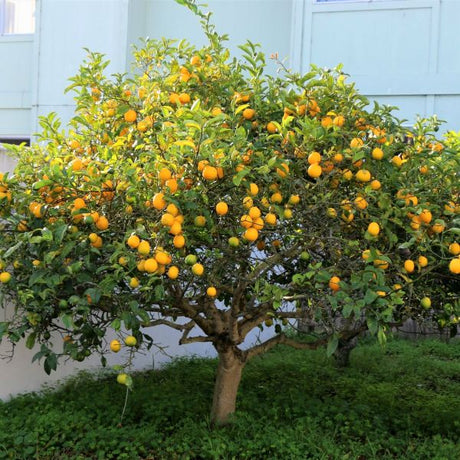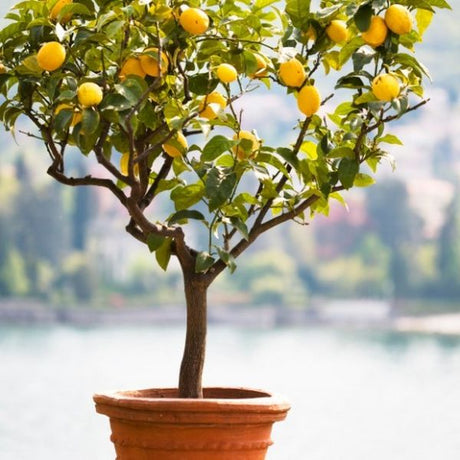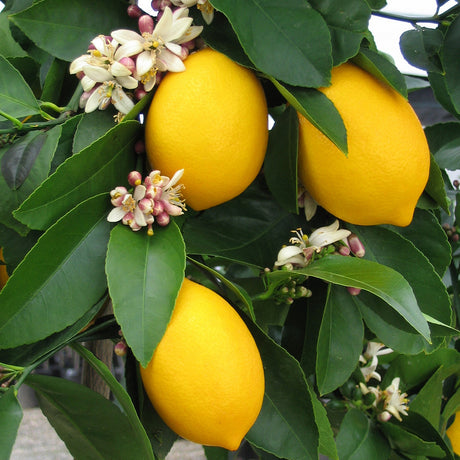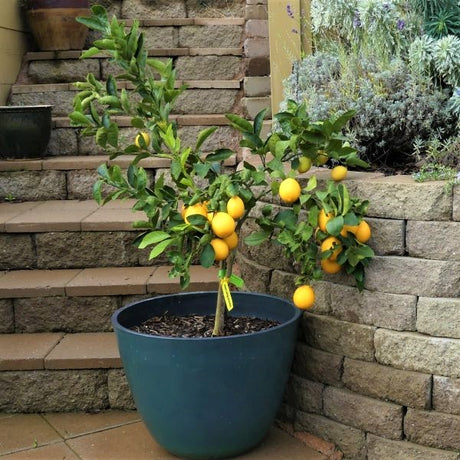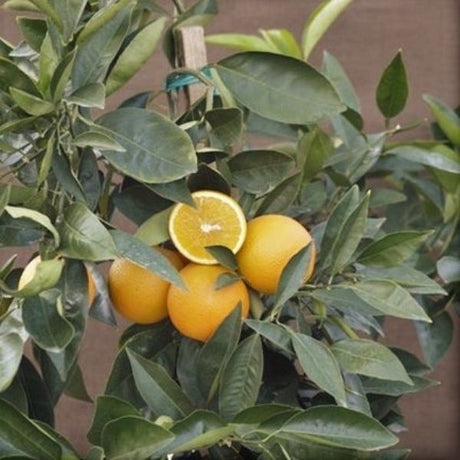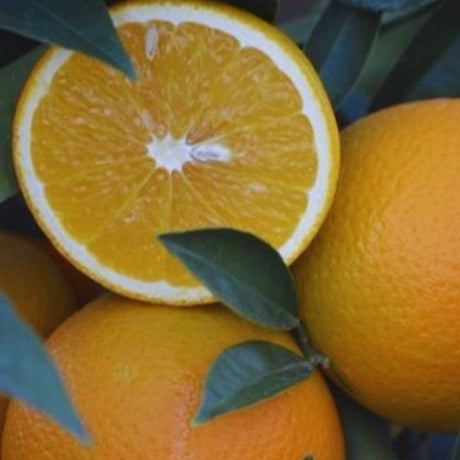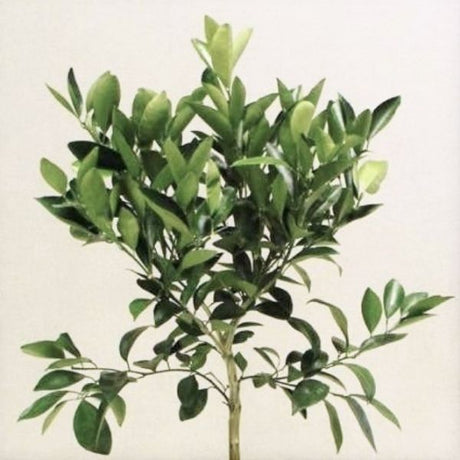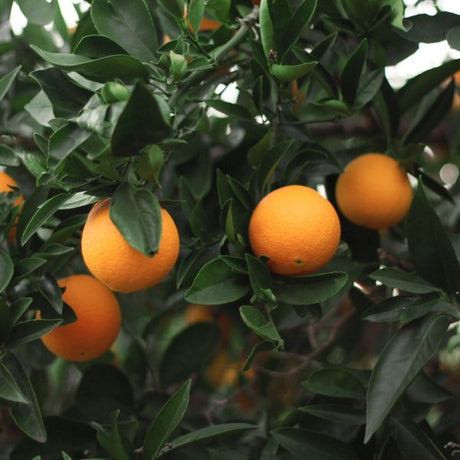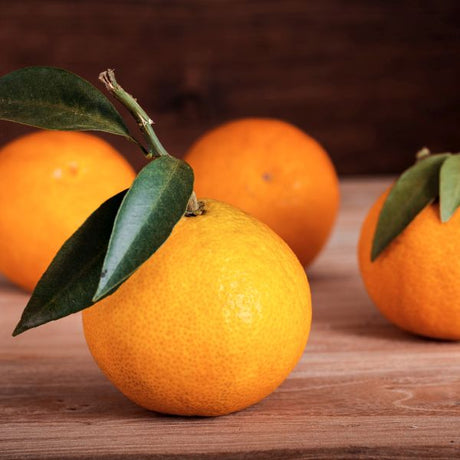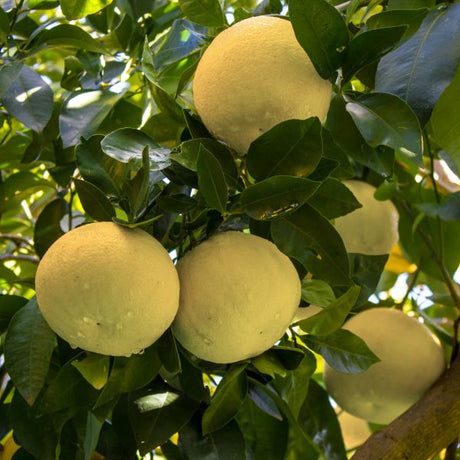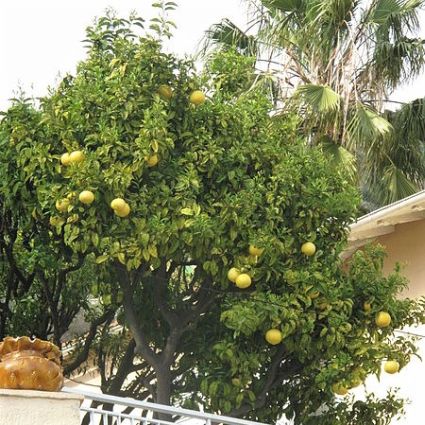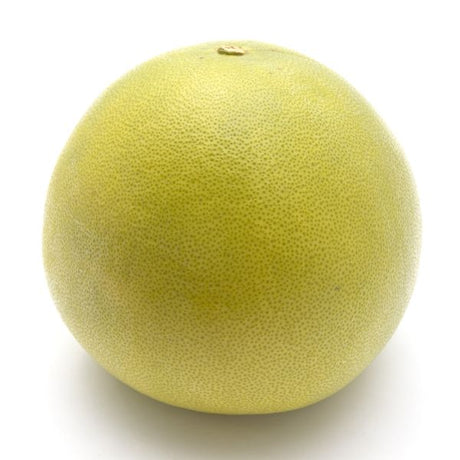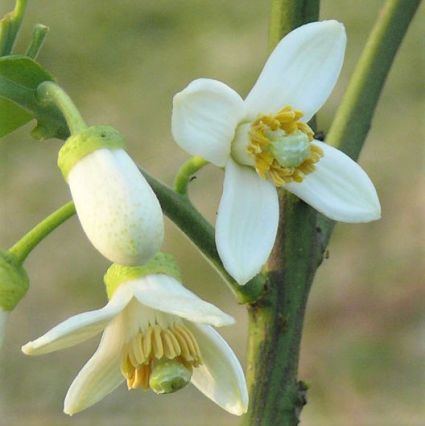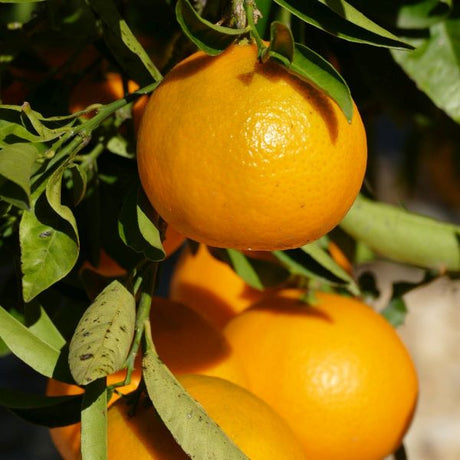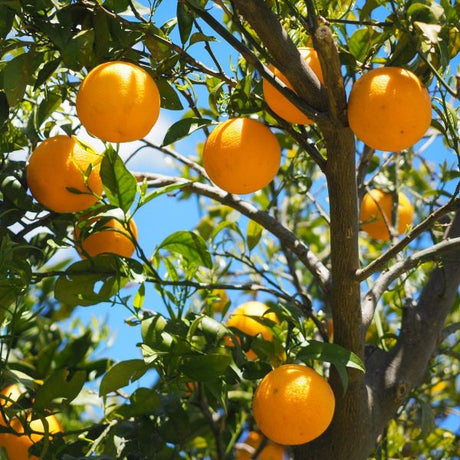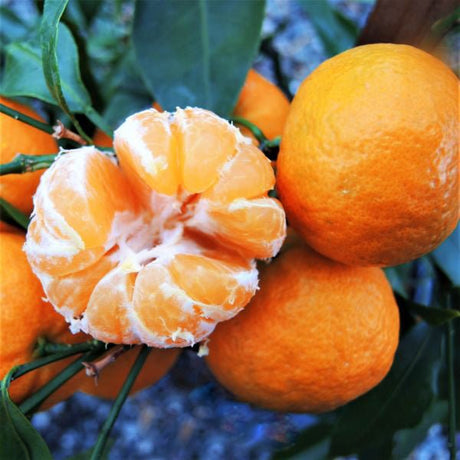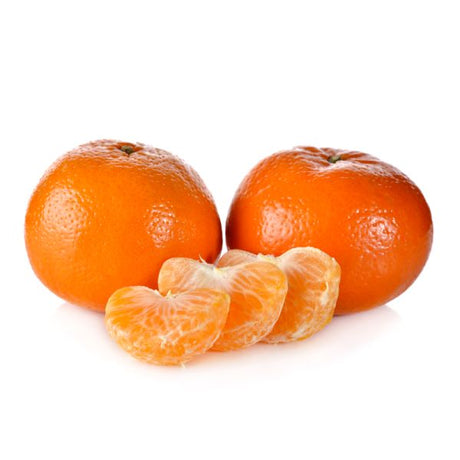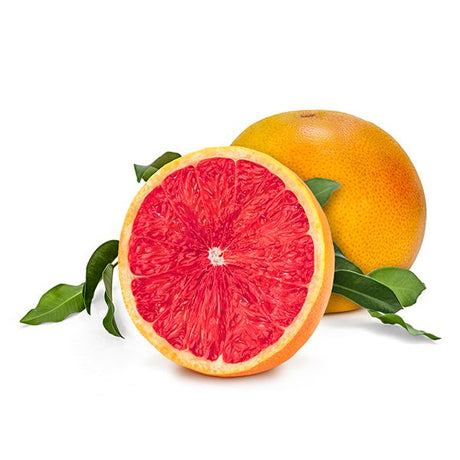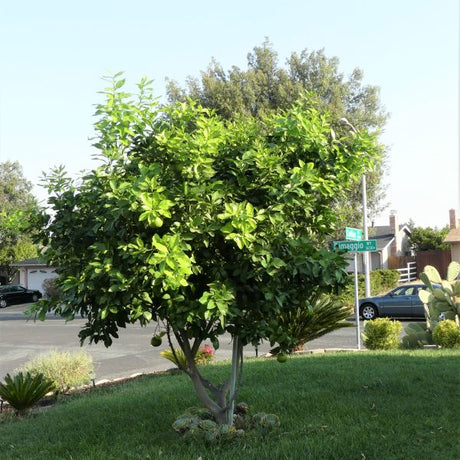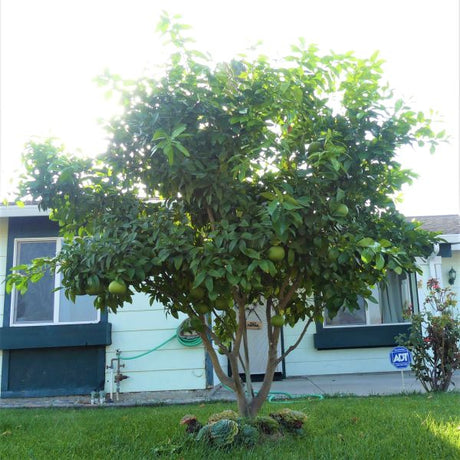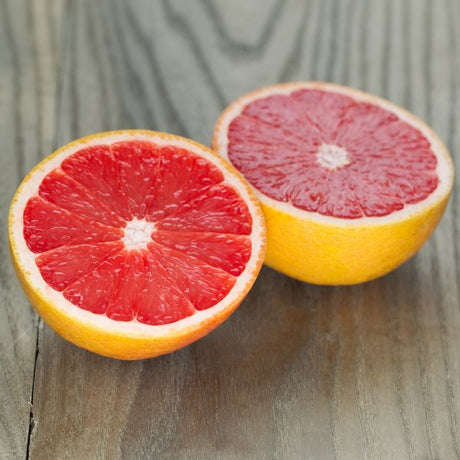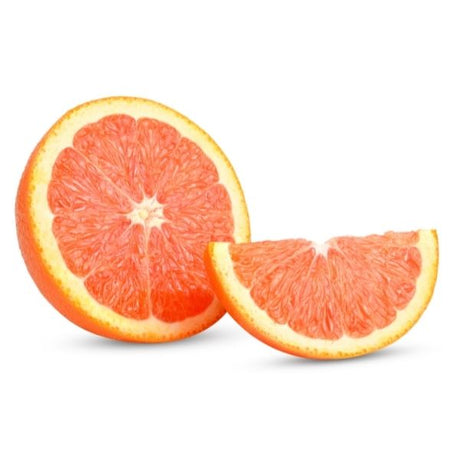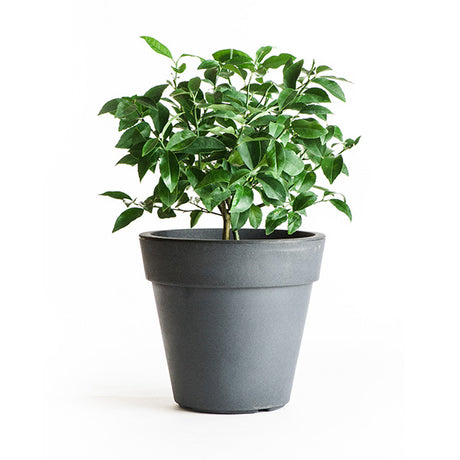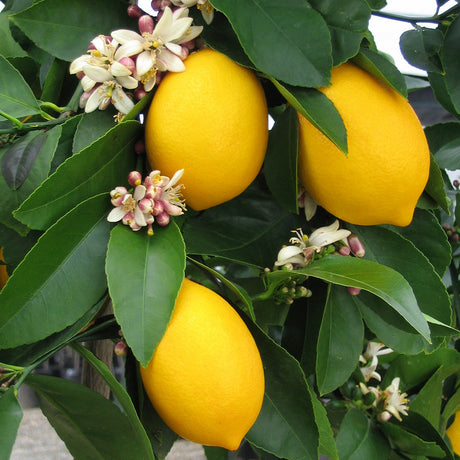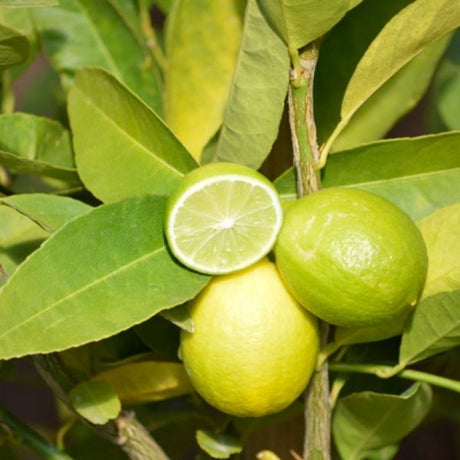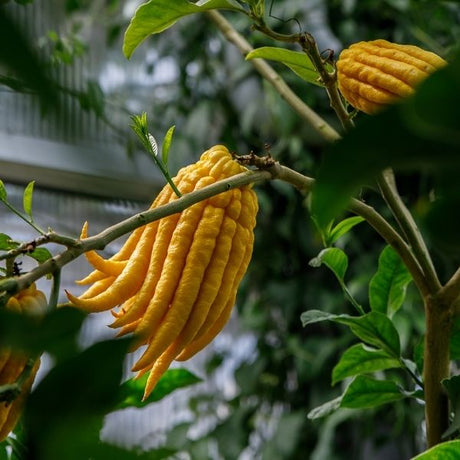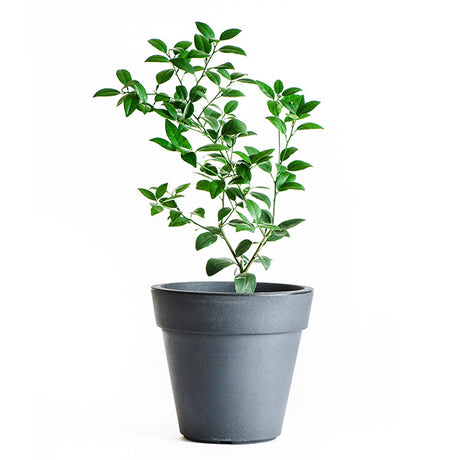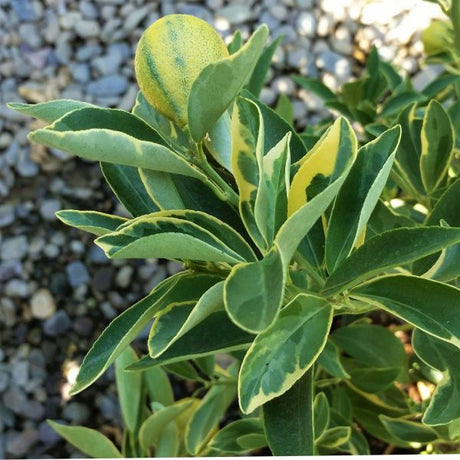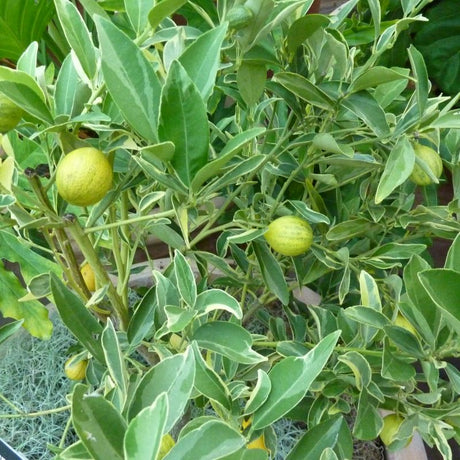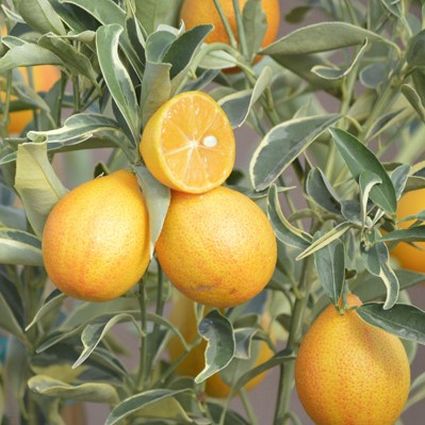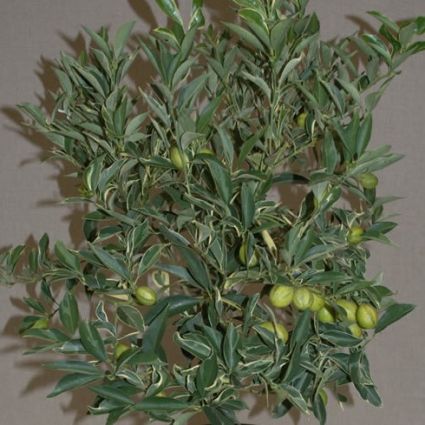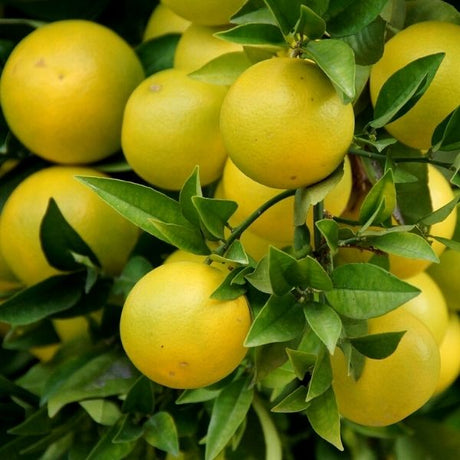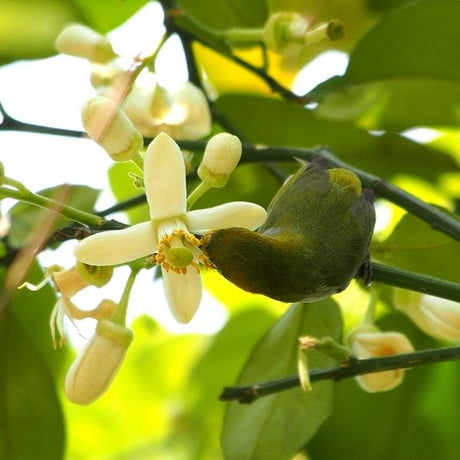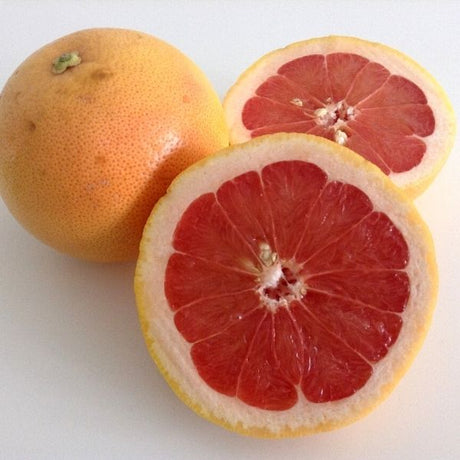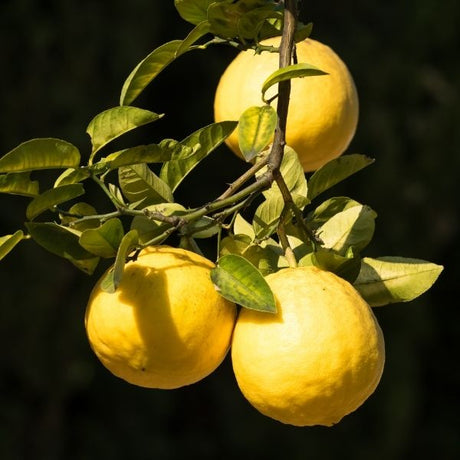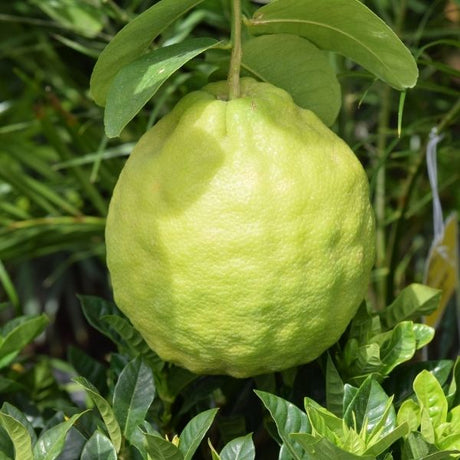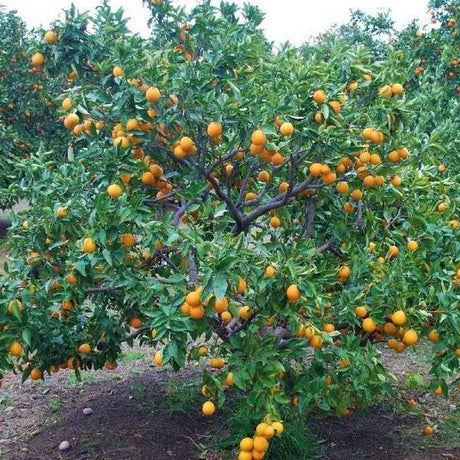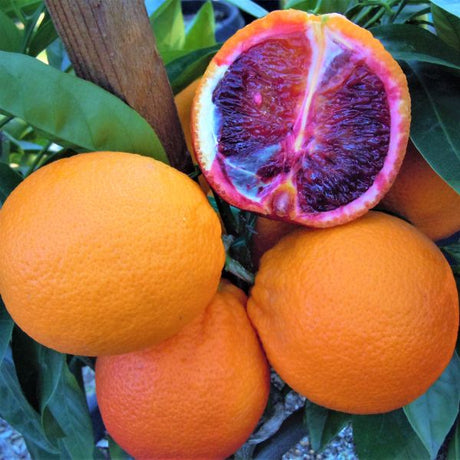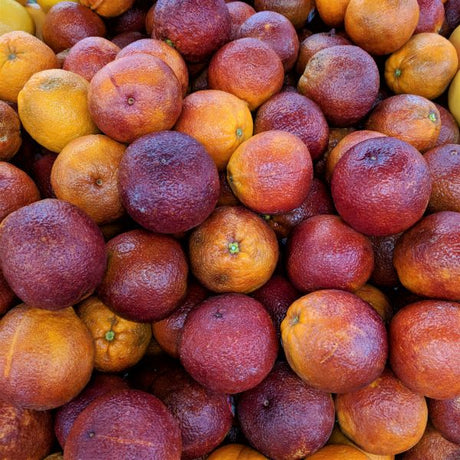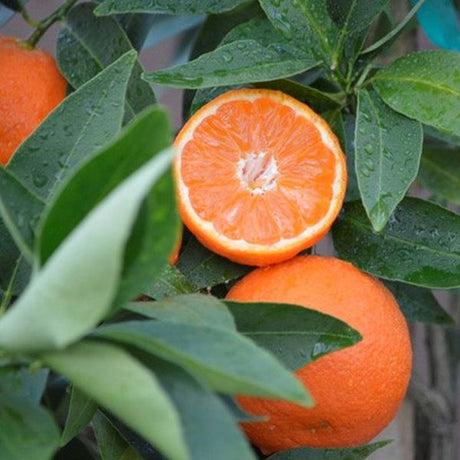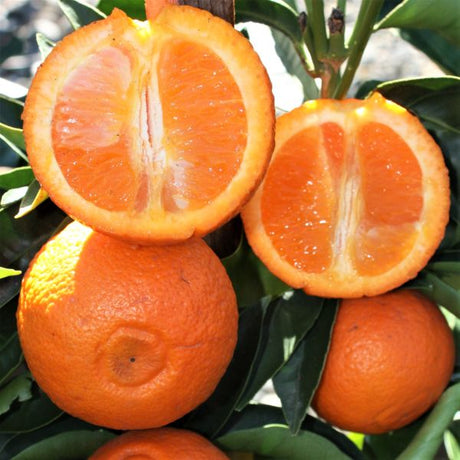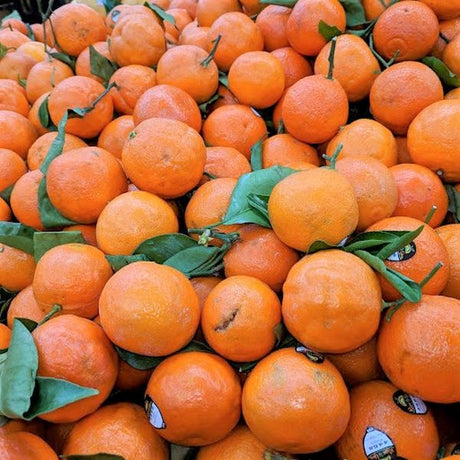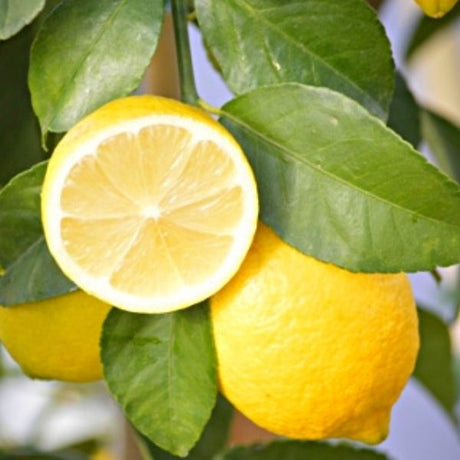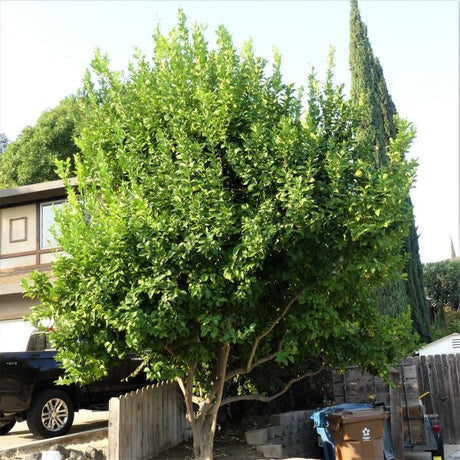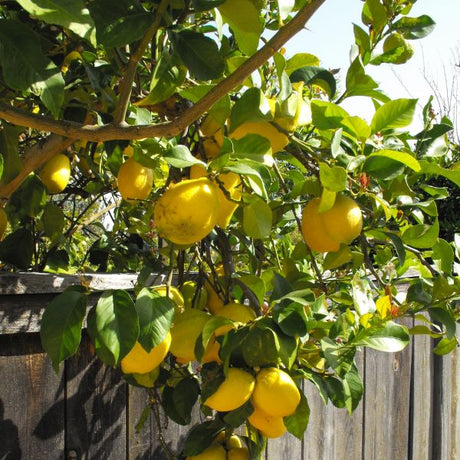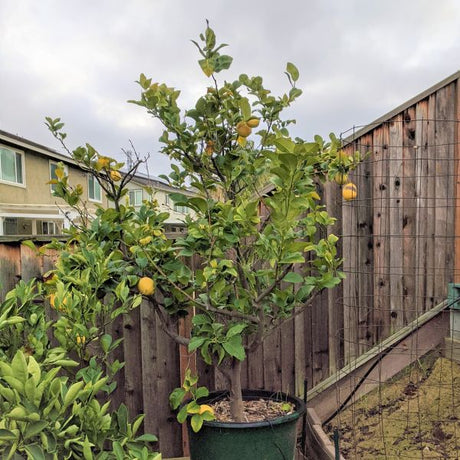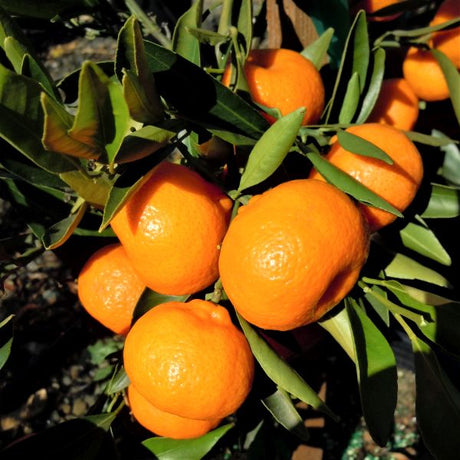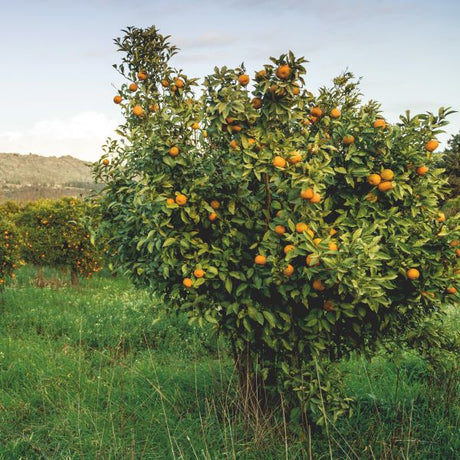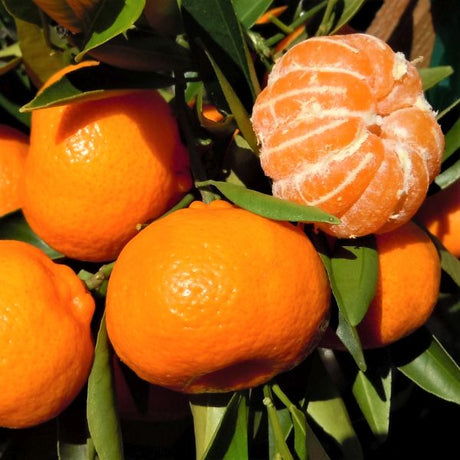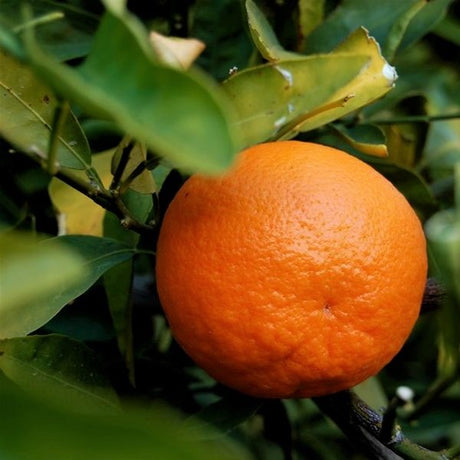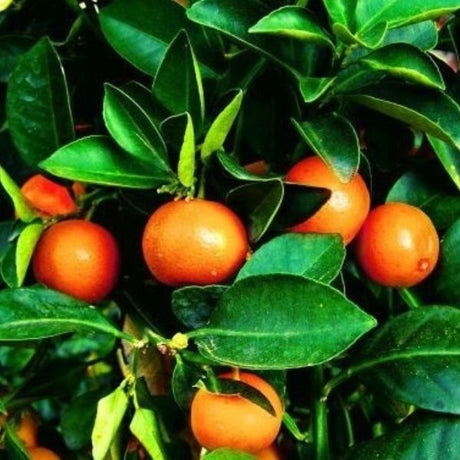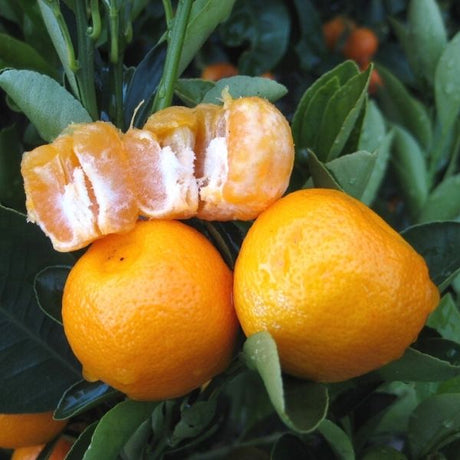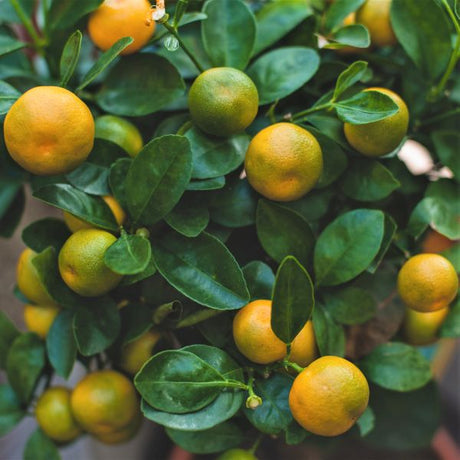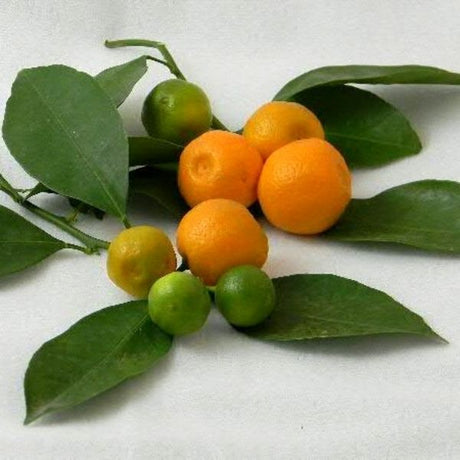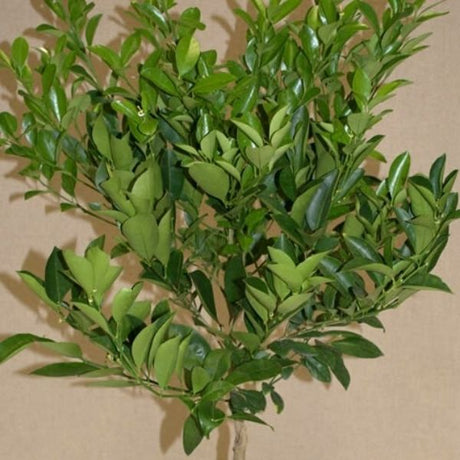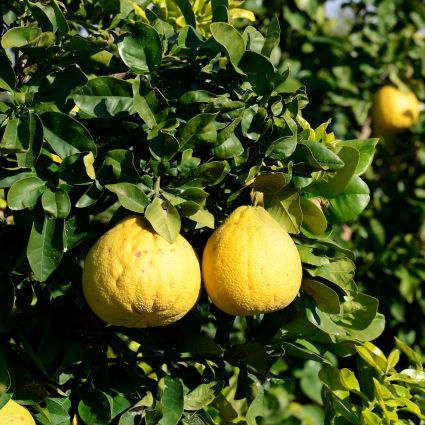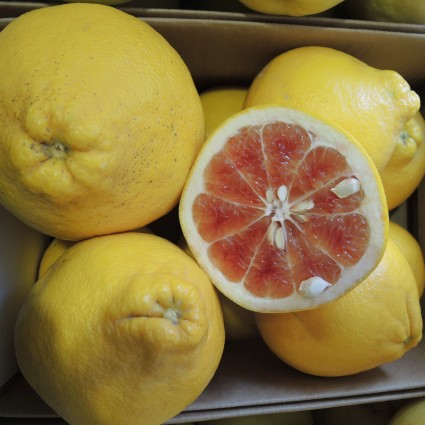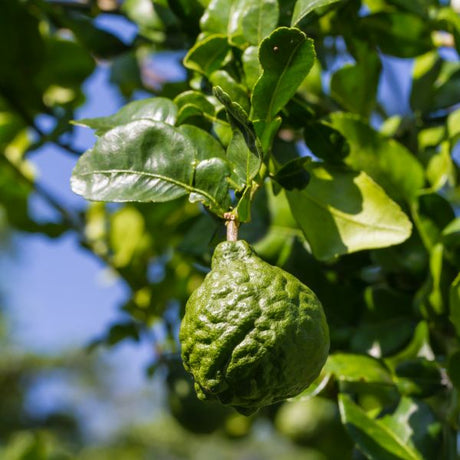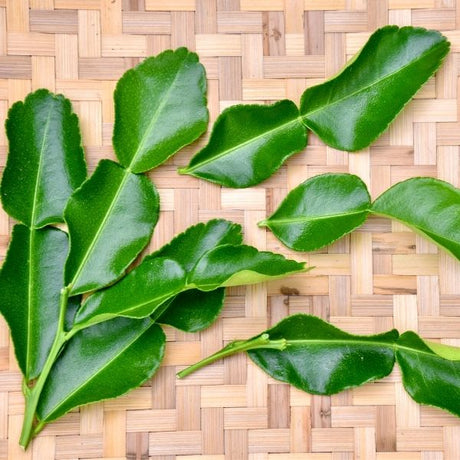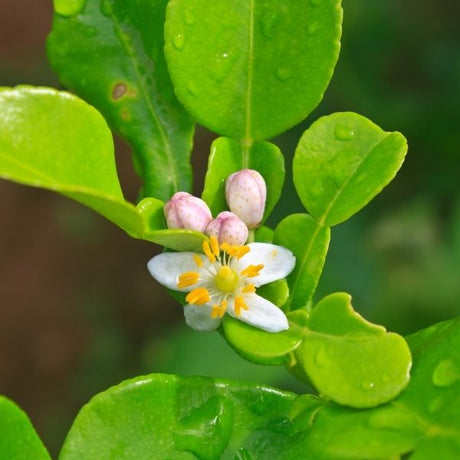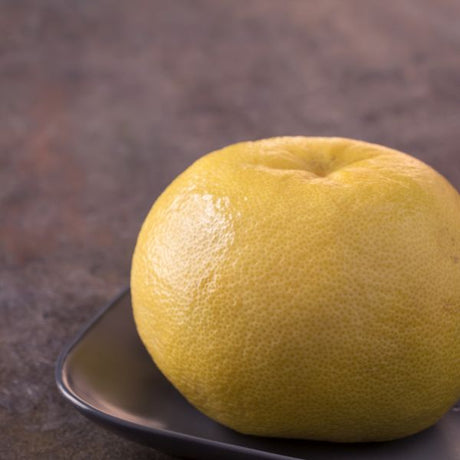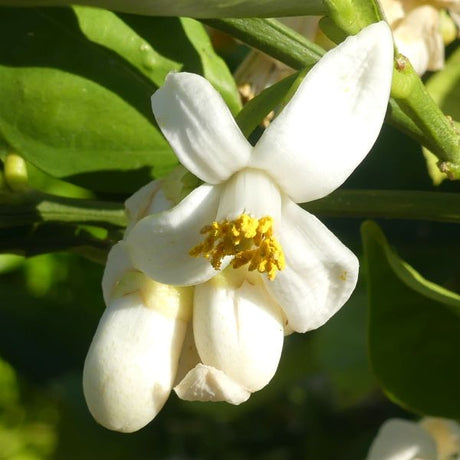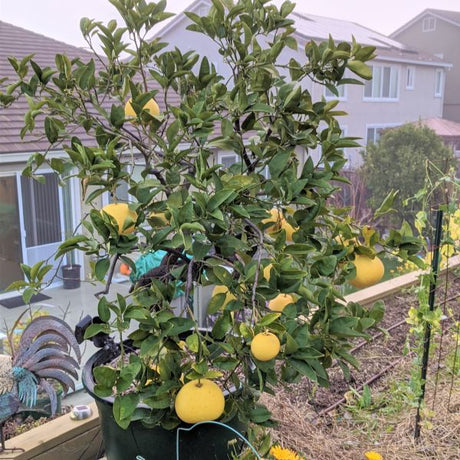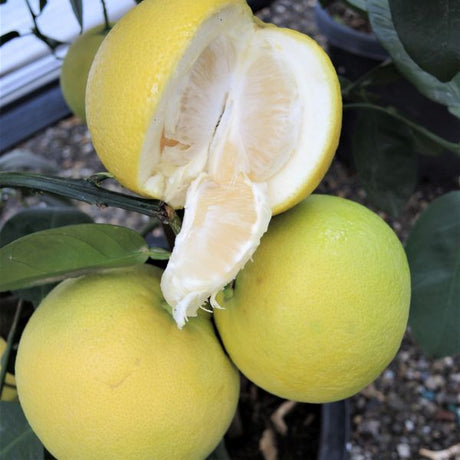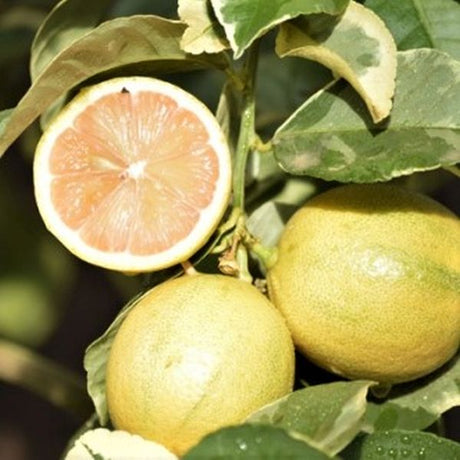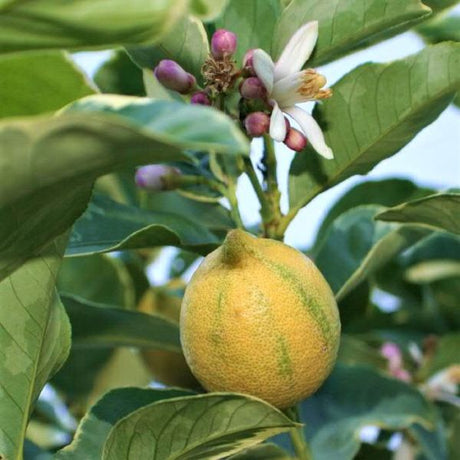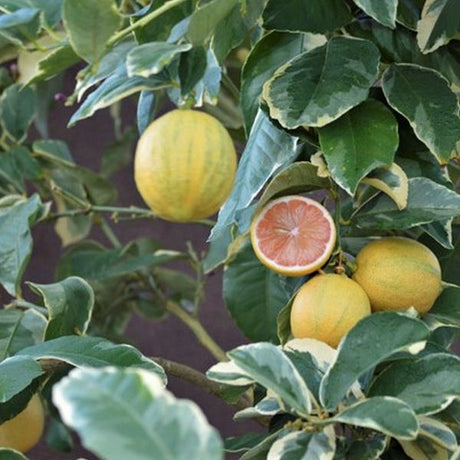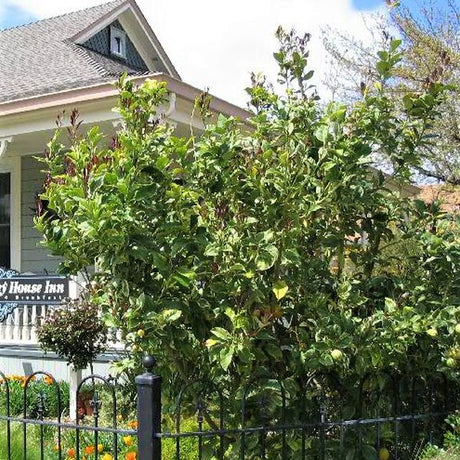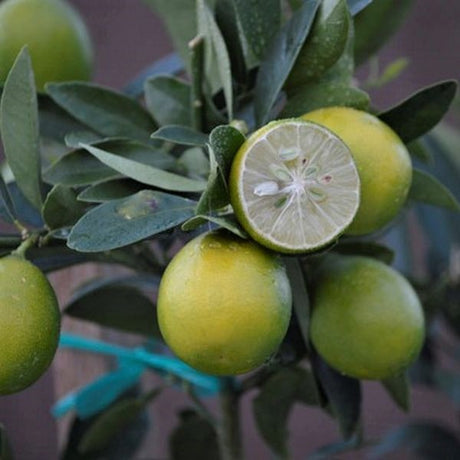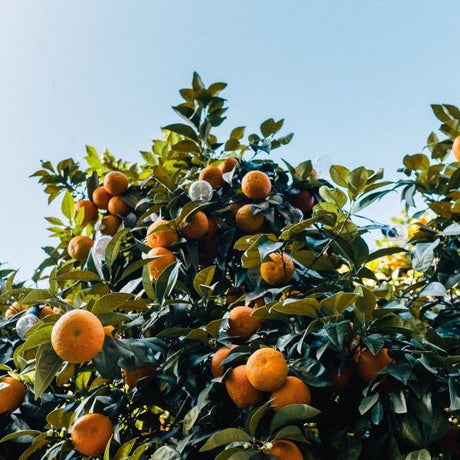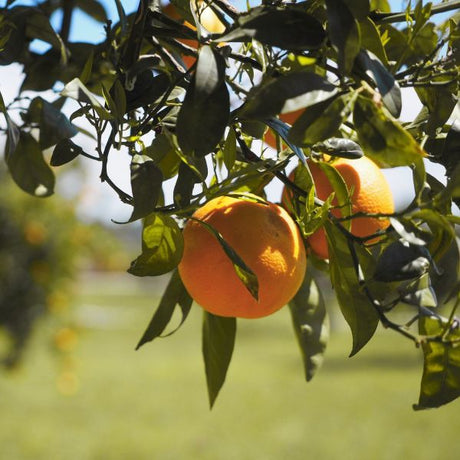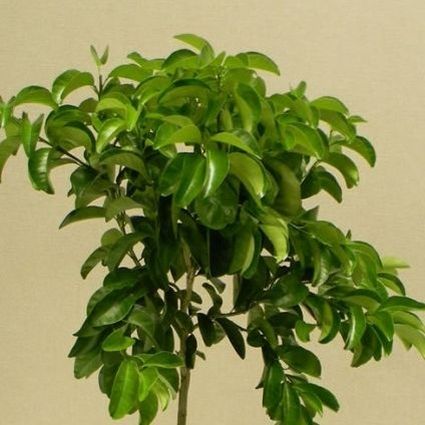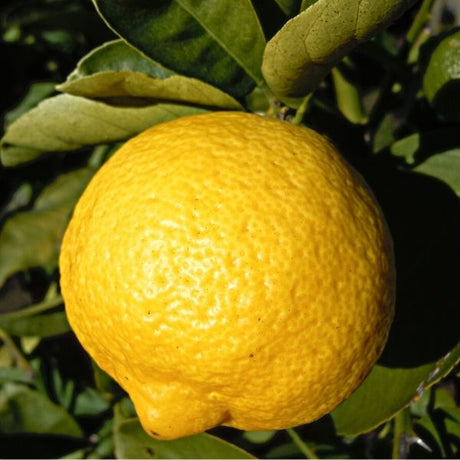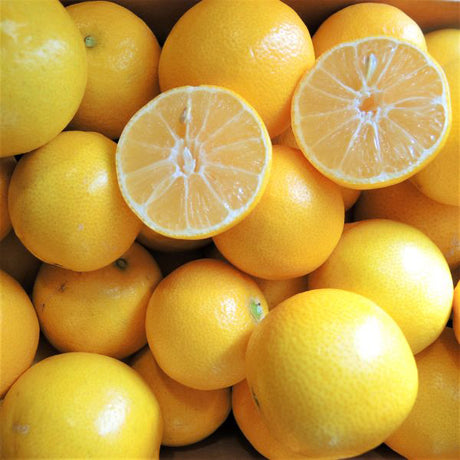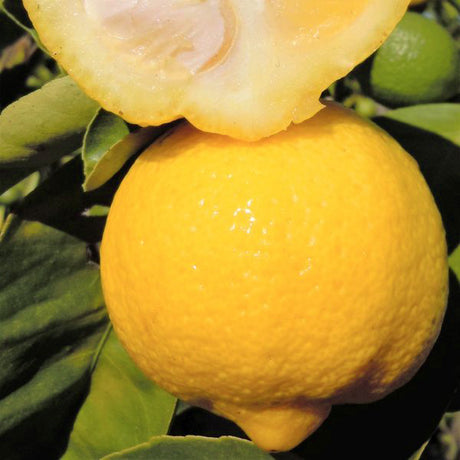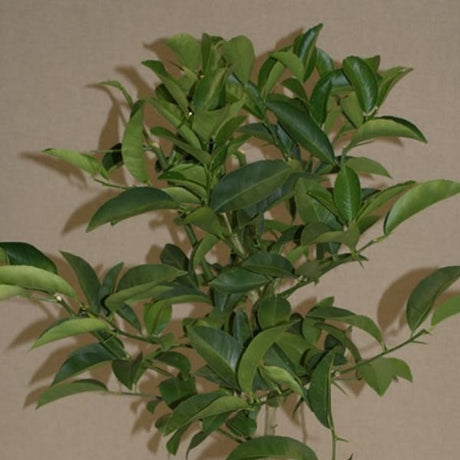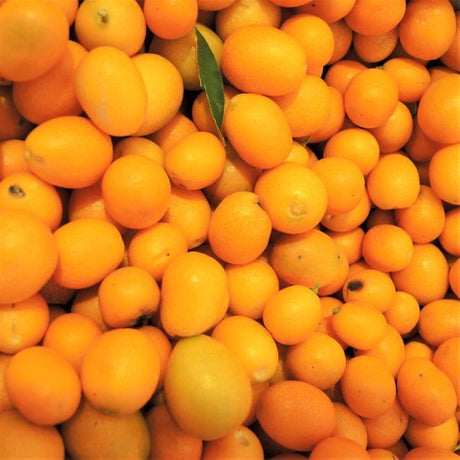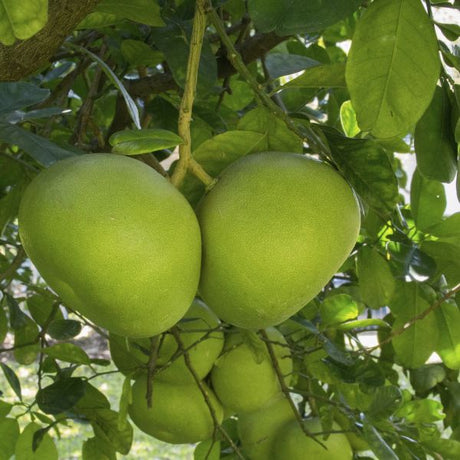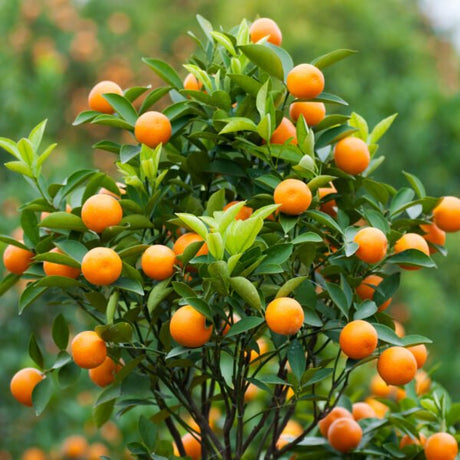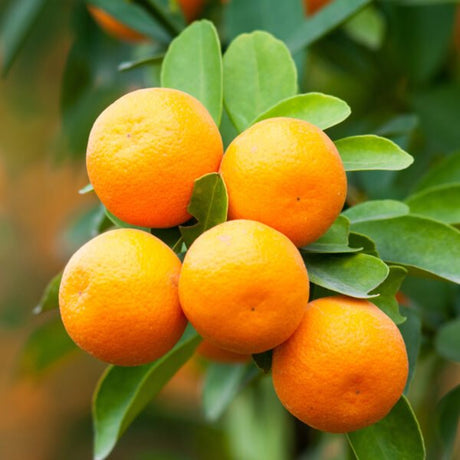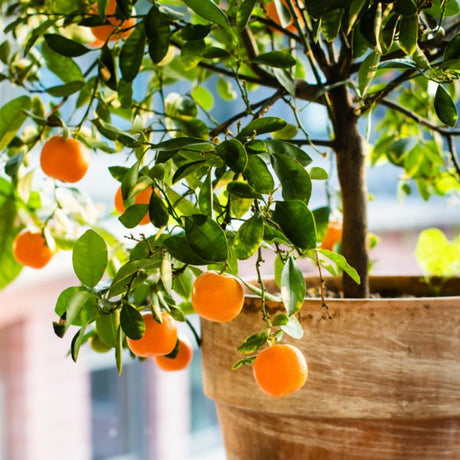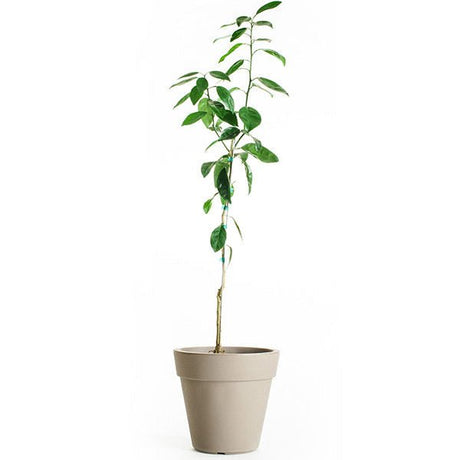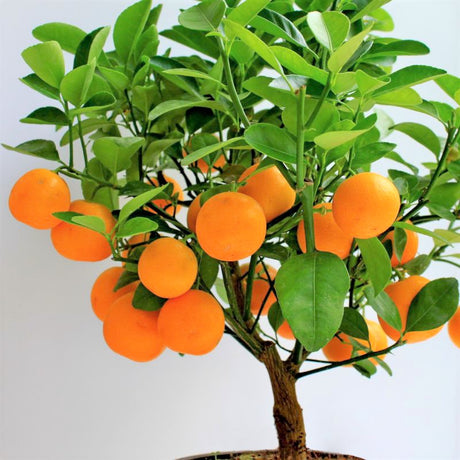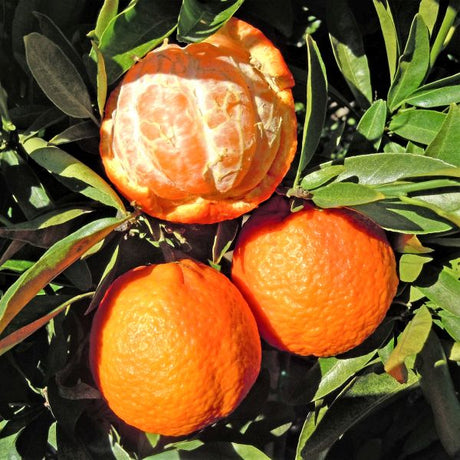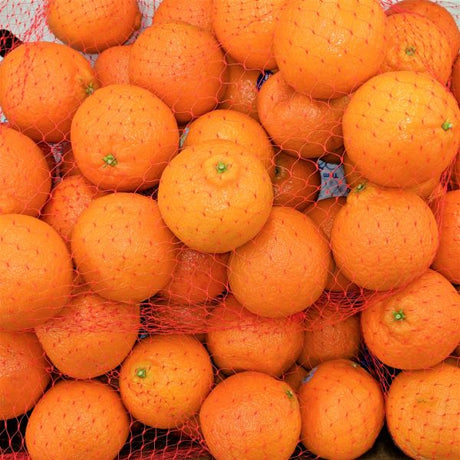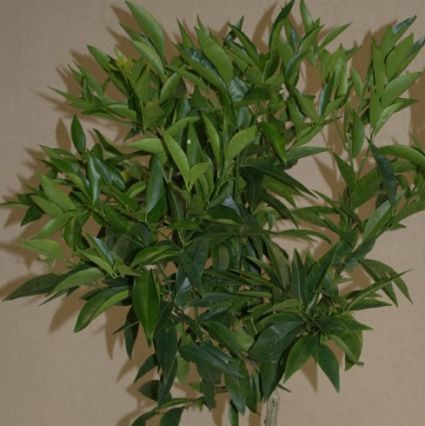Improved Semi - Dwarf Meyer Lemon Tree
Sale price $16620 Regular price $19551Unit price /Unavailable- Sale price $16621 Regular price $19407Unit price /Unavailable
- Sale price From $16610 Regular price $18620Unit price /Unavailable
- Up to 18% offNew arrivalSale price From $16619 Regular price $20296Unit price /Unavailable
- Sale price From $16623 Regular price $19407Unit price /Unavailable
- Up to 10% offNew arrivalSale price From $16595 Regular price $18371Unit price /Unavailable
- Up to 23% off
- Up to 16% offNew arrivalSale price From $16608 Regular price $19751Unit price /Unavailable
- Up to 13% offNew arrivalSale price From $16608 Regular price $19064Unit price /Unavailable
- Up to 22% offNew arrival
Midknight Valencia Orange Tree
Sale price From $16589 Regular price $18659Unit price /Unavailable - Up to 14% offNew arrivalSale price From $16606 Regular price $19407Unit price /Unavailable
- Up to 22% off
- Up to 22% offNew arrivalSale price From $16611 Regular price $21099Unit price /Unavailable
- Up to 18% offNew arrivalSale price From $16629 Regular price $20208Unit price /Unavailable
- Sale price From $16610 Regular price $17540Unit price /Unavailable
- Up to 15% off
- Up to 11% offNew arrival
Improved Dwarf Meyer Lemon Trees
Sale price From $16608 Regular price $18607Unit price /Unavailable - Sold outNew arrivalRegular price $000Unit price /Unavailable
- Sold outNew arrivalRegular price $000Unit price /Unavailable
- Sold outNew arrivalRegular price $000Unit price /Unavailable
- Sold outNew arrivalRegular price $000Unit price /Unavailable
- Sold outNew arrivalRegular price $000Unit price /Unavailable
- Sold outUp to 13% offSale price From $8966 Regular price $9201Unit price /Unavailable
- Sale price From $7978 Regular price $8952Unit price /Unavailable
- Sold outNew arrivalSale price From $11987 Regular price $11999Unit price /Unavailable
- Sale price $17966 Regular price $17999Unit price /Unavailable
- Sale price From $10490 Regular price $10499Unit price /Unavailable
- Sold outNew arrival
Centennial Variegated Kumquat Tree
Sale price From $7988 Regular price $7999Unit price /Unavailable - Sold outNew arrivalSale price From $13475 Regular price $13499Unit price /Unavailable
- Sold outNew arrivalSale price From $11484 Regular price $11499Unit price /Unavailable
- Sold outNew arrivalSale price $13453 Regular price $13499Unit price /Unavailable
- Sold outNew arrivalSale price $17963 Regular price $17999Unit price /Unavailable
- Sold outUp to 12% offSale price From $10962 Regular price $11933Unit price /Unavailable
- Sold outUp to 17% offSale price From $14951 Regular price $17989Unit price /Unavailable
- Sold outUp to 8% off
California Honey Mandarin Tree
Sale price From $14960 Regular price $15841Unit price /Unavailable - Sold outUp to 16% offSale price From $14967 Regular price $17919Unit price /Unavailable
- Sold out12% offSale price $14954 Regular price $17054Unit price /Unavailable
- Sold outUp to 15% offSale price From $11976 Regular price $14043Unit price /Unavailable
- Sold outUp to 23% offSale price From $17997 Regular price $18844Unit price /Unavailable
- Sold outUp to 13% offSale price From $13971 Regular price $15751Unit price /Unavailable
- Sale price $14996 Regular price $18693Unit price /Unavailable
- Sold out11% offSale price $14997 Regular price $16845Unit price /Unavailable
- Sold out8% offSale price $15968 Regular price $17300Unit price /Unavailable
- Sale price $10490 Regular price $12138Unit price /Unavailable
- Sale price $16977 Regular price $21039Unit price /Unavailable
- Sold out14% off
Dwarf Brown Select Satsuma Tree
Sale price $11997 Regular price $13892Unit price /Unavailable - Sold outNew arrival
Clementine Mandarin Orange Tree
Sale price From $14987 Regular price $14999Unit price /Unavailable
FAQS for Buying Citrus Trees and Bushes Online
Where can I grow Citrus trees successfully?
Where can I grow Citrus trees successfully?
Citrus trees thrive in warm, frost-free climates, typically USDA Zones 8–11. In colder regions, you can still grow Lemon, Lime, and Orange trees in containers and overwinter them indoors. With proper light, drainage, and protection from frost, Citrus trees perform beautifully in patios, sunrooms, and garden spaces across the country.
What are the best Citrus trees to grow in containers?
What are the best Citrus trees to grow in containers?
For container gardening, choose dwarf or naturally compact Citrus trees like Improved Meyer Lemon, Calamondin Orange, Kaffir Lime, or Australian Finger Lime. These varieties are perfect for patios and small-space gardens. They thrive in pots, offer fragrant blooms and flavorful fruit, and can be moved indoors during colder months.
When do Citrus trees bloom and produce fruit?
When do Citrus trees bloom and produce fruit?
Most Citrus trees bloom in spring with fragrant white flowers and begin fruiting by late summer through winter, depending on the variety. Lemons and Limes may produce year-round in ideal conditions. For best harvests, give your Citrus trees plenty of sunlight, regular watering, and help with indoor pollination if grown inside.
How do I care for Citrus trees indoors during winter?
How do I care for Citrus trees indoors during winter?
Bring your Citrus tree indoors before frost arrives. Place it in the brightest window possible, or supplement with LED grow lights. Maintain moderate watering, increase humidity with a humidifier or misting, and avoid drafts. Citrus prefers slightly dry soil indoors, so let the top inch of soil dry out before watering again.
Why should I buy Citrus trees from Nature Hills Nursery?
Why should I buy Citrus trees from Nature Hills Nursery?
Nature Hills Nursery offers a curated selection of premium-quality Citrus trees for sale, including Lime, Lemon, Orange, and rare hybrid varieties. Our trees arrive safely in protective packaging, ready to thrive in your landscape or container garden. With decades of shipping experience, growing guides, and a first-year guarantee, you’ll grow with confidence.

